While Singapore’s film industry has been growing steadily over the years, it remains a fairly niche profession in Singapore.
Beyond box office favourites such as “Ah Boys to Men” and film festival award winner “Ilo Ilo”, there has also been budding interest in documentaries that provide a rare behind-the-scenes look into microcosms of society.
We spoke to three young filmmakers in Singapore to better understand what drew them to the local film industry, and their thought process when conceptualising a new film.
As nominees for the eighth National Youth Film Awards (NYFA), they shared more about the films they had created, and how they’ve sought to capture complex topics like mental health and addiction.
Joining the film industry
Vikneshwaran Silva, 34, an independent filmmaker, shared that filmmaking first became a viable career choice for him when he found out there were filmmaking courses in Singapore.
Silva decided to pursue filmmaking, having noted there was a “growing market” for films locally, which presented an opportunity to do what he loves for a living.
Ambrose Chia, 26, now a student in Ngee Ann Polytechnic's School of Film & Media Studies, agreed, adding that he immediately “fell in love with the camera” and the concept of “telling stories through images” in his first photography lesson, via ITE's Digital Audio and Video Production programme.
According to Shintaro Tay, 26, a video journalist for The Straits Times, what makes the process of documentary filming uniquely captivating, is the recording of sights and scenes, “akin to creating a time capsule”. He added:
“Whatever happens at the point of filming is hived off from time and space and becomes an object.
I enjoy observational filmmaking because what occurs often shapes my understanding of issues on an intimate level.”
Conceptualising a film
Through inspiration from real life people and events, the idea for a film is born.
After witnessing the euthanasia of his partner’s pet Shih Tzu in 2018, for example, Tay shared that he became motivated to answer the following questions:
“How is it like dealing with animal deaths on a daily basis? And would vets ever become numb in the process?”
Globally, there has been a rise in mental health concerns among veterinarians, due to factors such as unreasonable pet owners, guilt from being unable to save animals, and a lack of work-life balance.
Tay’s film – titled “Kitty” – was thus created to offer a glimpse into the life of veterinarian Kitty Huang, who runs Furiends Veterinary Clinic.
 Via NYFA
Via NYFA
Huang, a mother of two and owner of close to thirty cats (including some inherited from her mum), is shown grappling with the lives (and deaths) of other animals at the clinic on a daily basis.
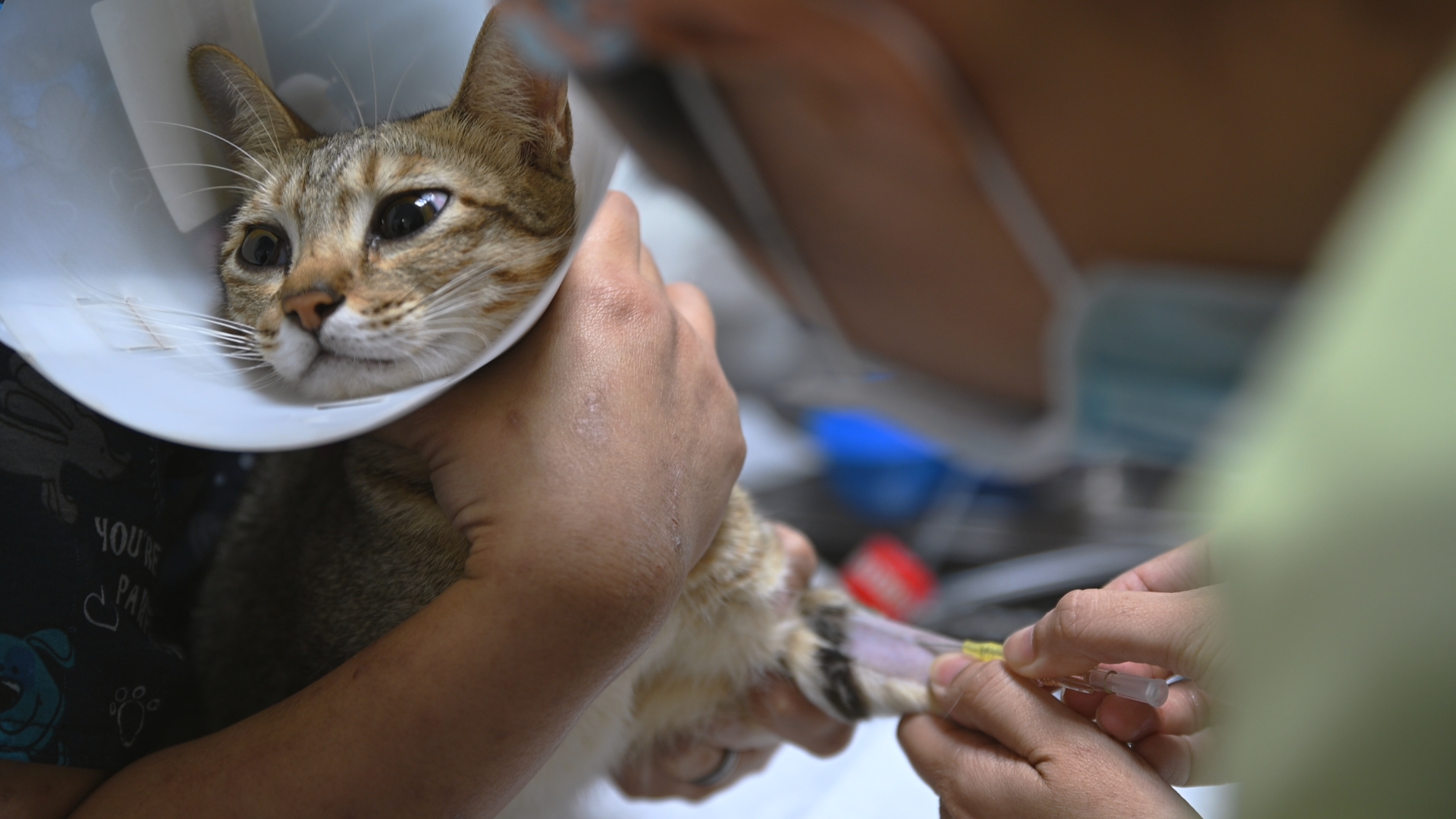 Via NYFA
Via NYFA
Tay explained what he hopes the film can convey:
“In watching our film, we hope audiences will realise that there is so much more than the job entails. That is, addressing this misconception that vets are in it for the money.
Vets have this heavy responsibility of deciphering the health of these pets, which do not have a long life expectancy, can fall sick more easily, and cannot verbalise what is going on in their bodies.
Higher pet care costs can also make it stressful for vets to deal with pet owners.”
Broadening people’s perspectives
For Chia, whose documentary “Beyond the Flaws” focuses on a husband and father who has bipolar disorder, filmmaking is also about broadening people’s perspectives.
He shares: “‘Beyond the Flaws’ is about honouring the virtue of marriage. What it really means to say “I Do” when vows are exchanged.”
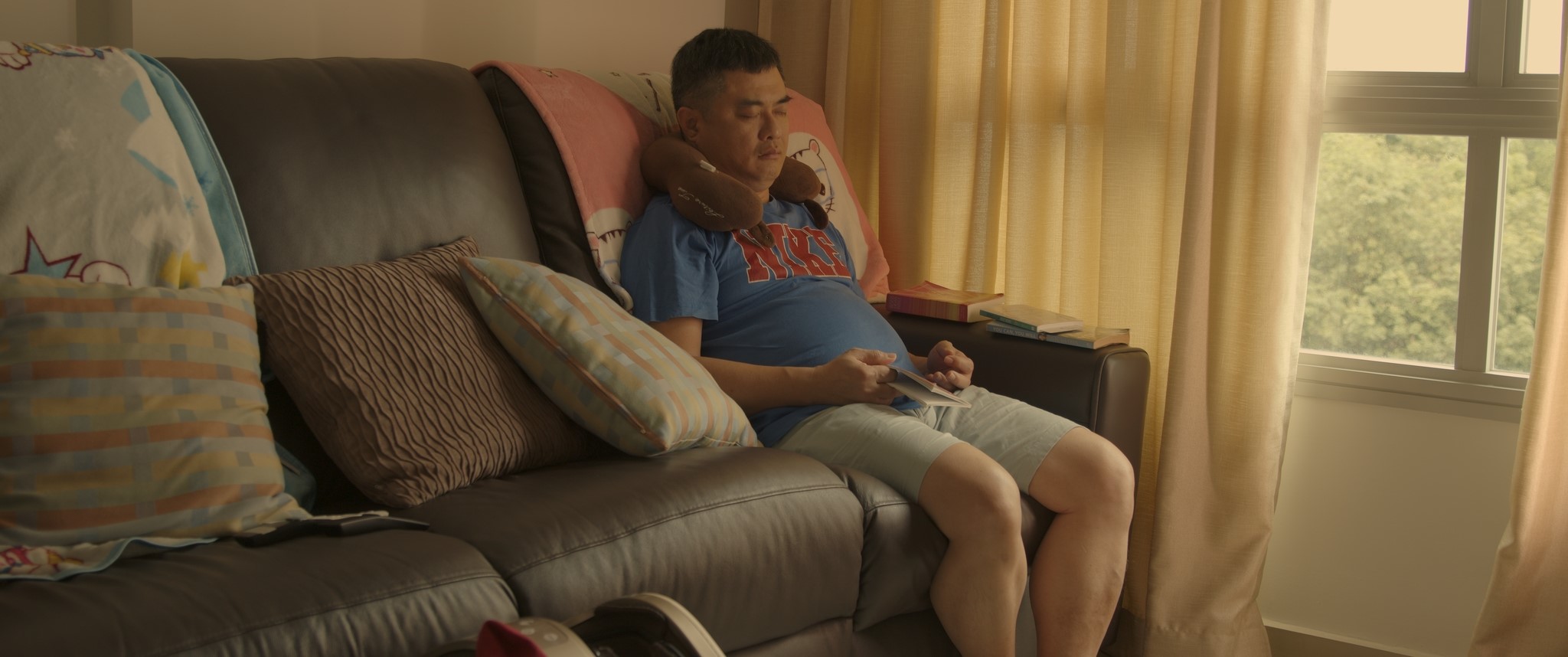 Via NYFA
Via NYFA
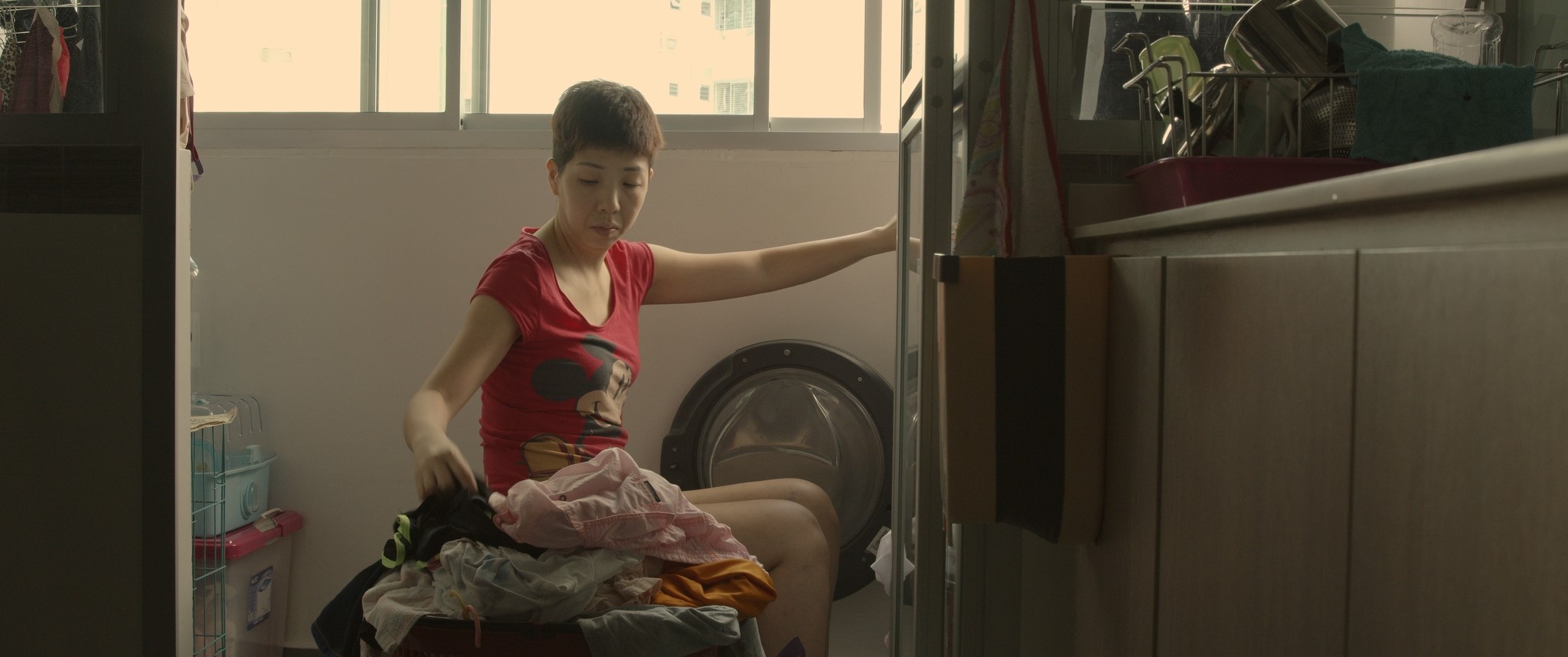 Via NYFA
Via NYFA
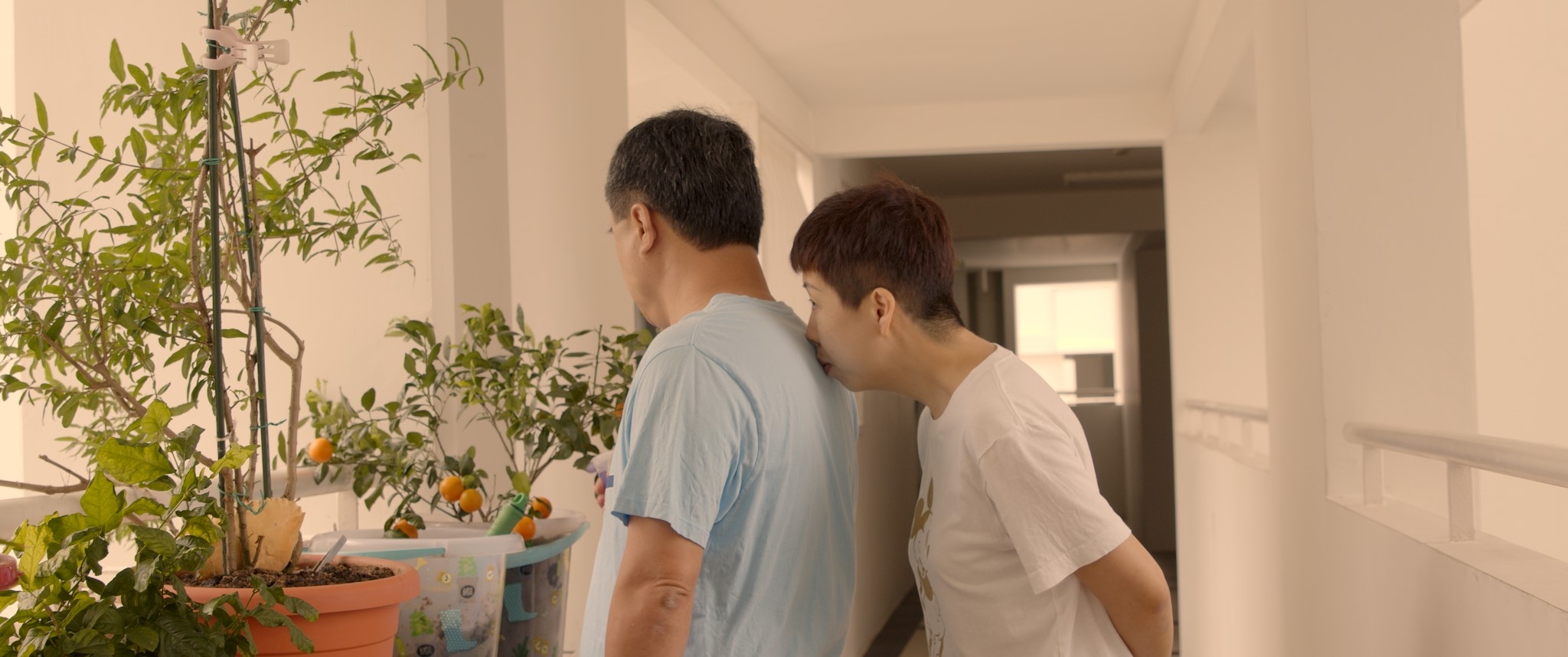 Via NYFA
Via NYFA
The film represents what many families are – imperfect – while providing an example of what love really is, adds Chia.
“I feel the younger generation may not actually know the meaning of marriage. It’s not always blissful and happy. Marriage comes with a lot of sacrifices, many tough decisions and most of all not giving up on each other.
Like Jenny and Desmond [the couple in the film], who strive for one another despite the odds.”
In creating “The Altar”, a live action loosely based on a true story, Silva shares that he too, hopes to make people rethink about what life really is, beyond just working and paying the bills.
Told through the eyes of “God”, a deity that the protagonist in the film prays to, Silva’s film tells the story of an aging and ill security officer with a TOTO-buying habit, as he rants about his financial struggles to the deity.
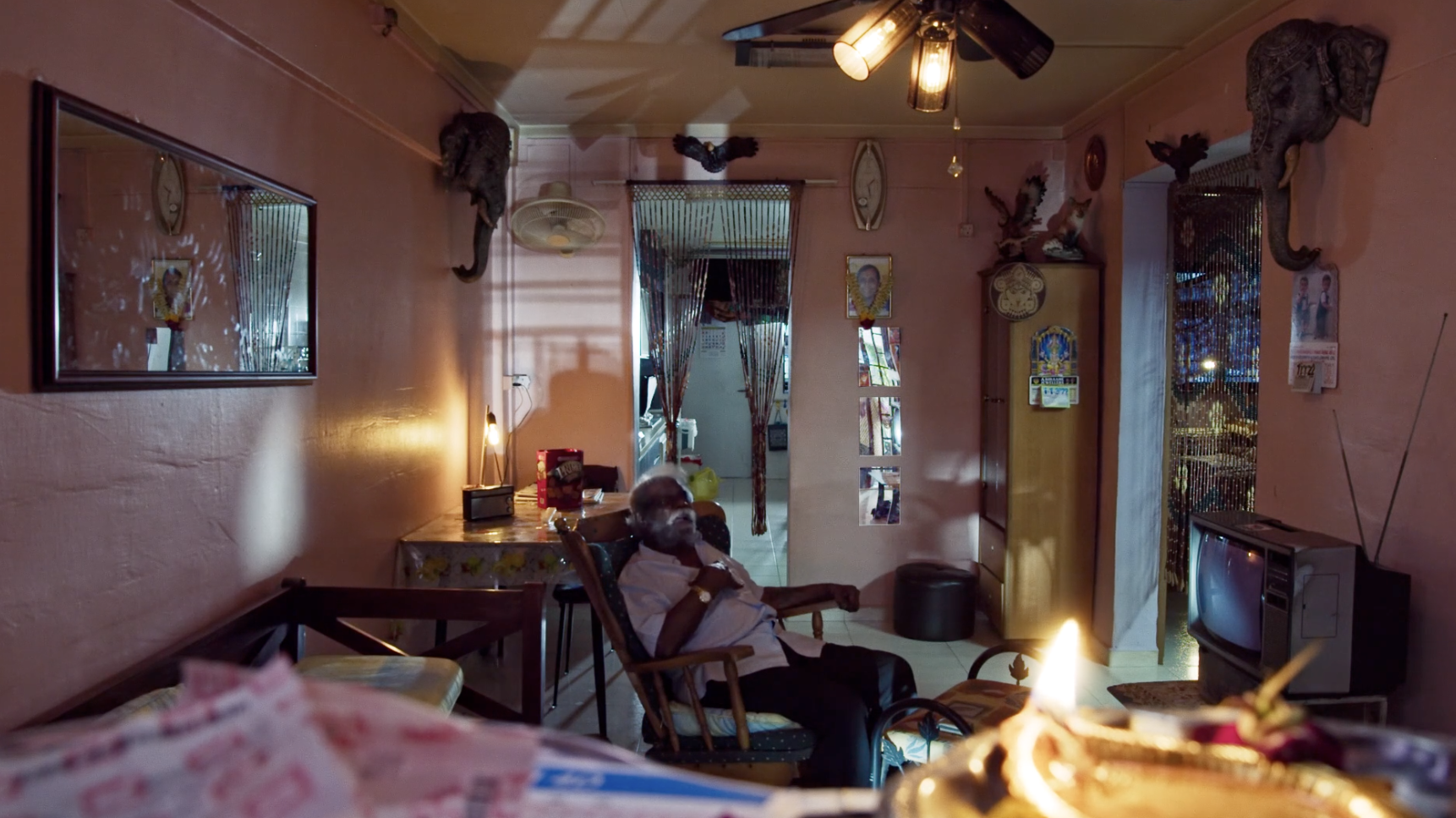 Via NYFA
Via NYFA
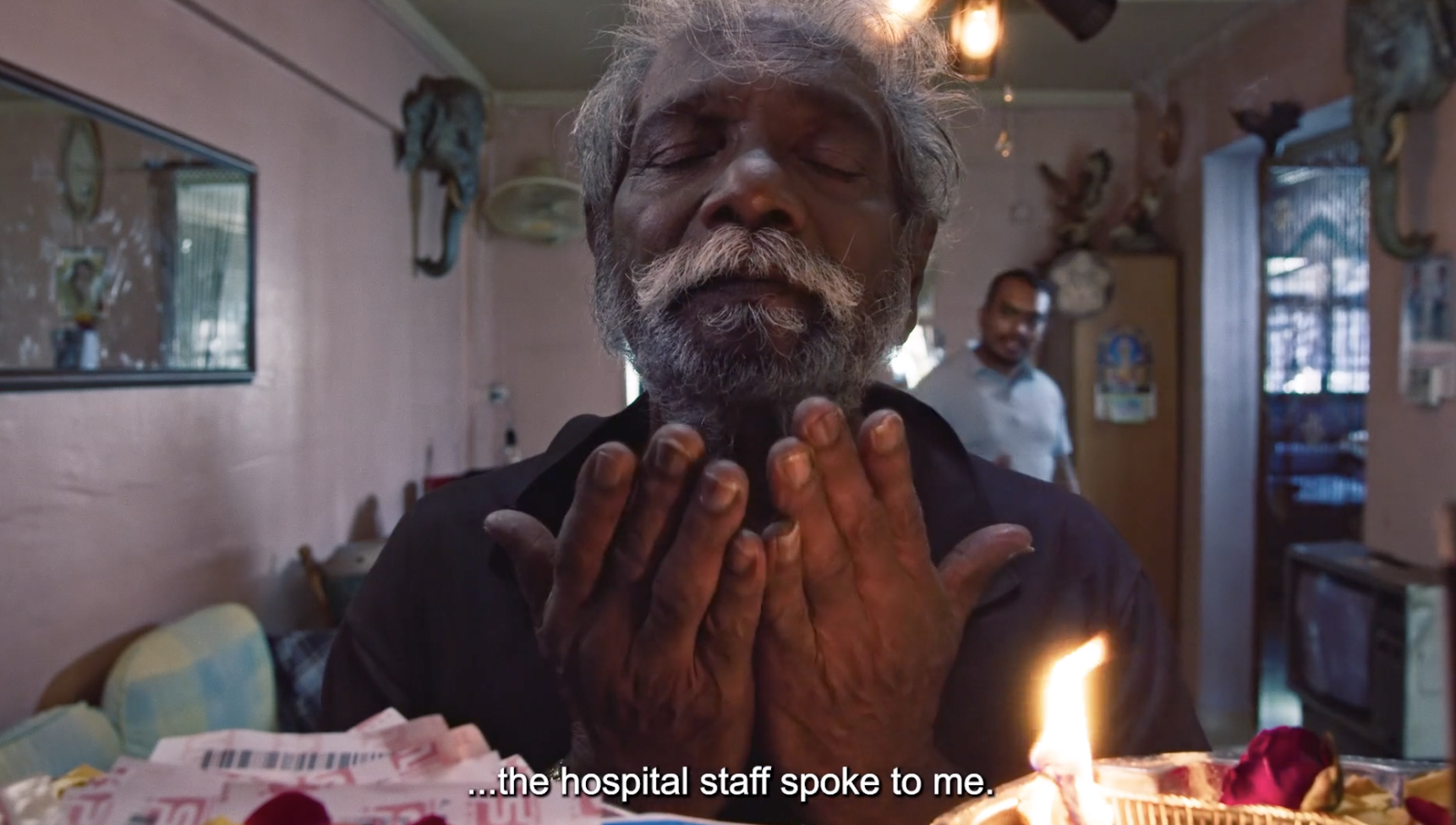 Via NYFA
Via NYFA
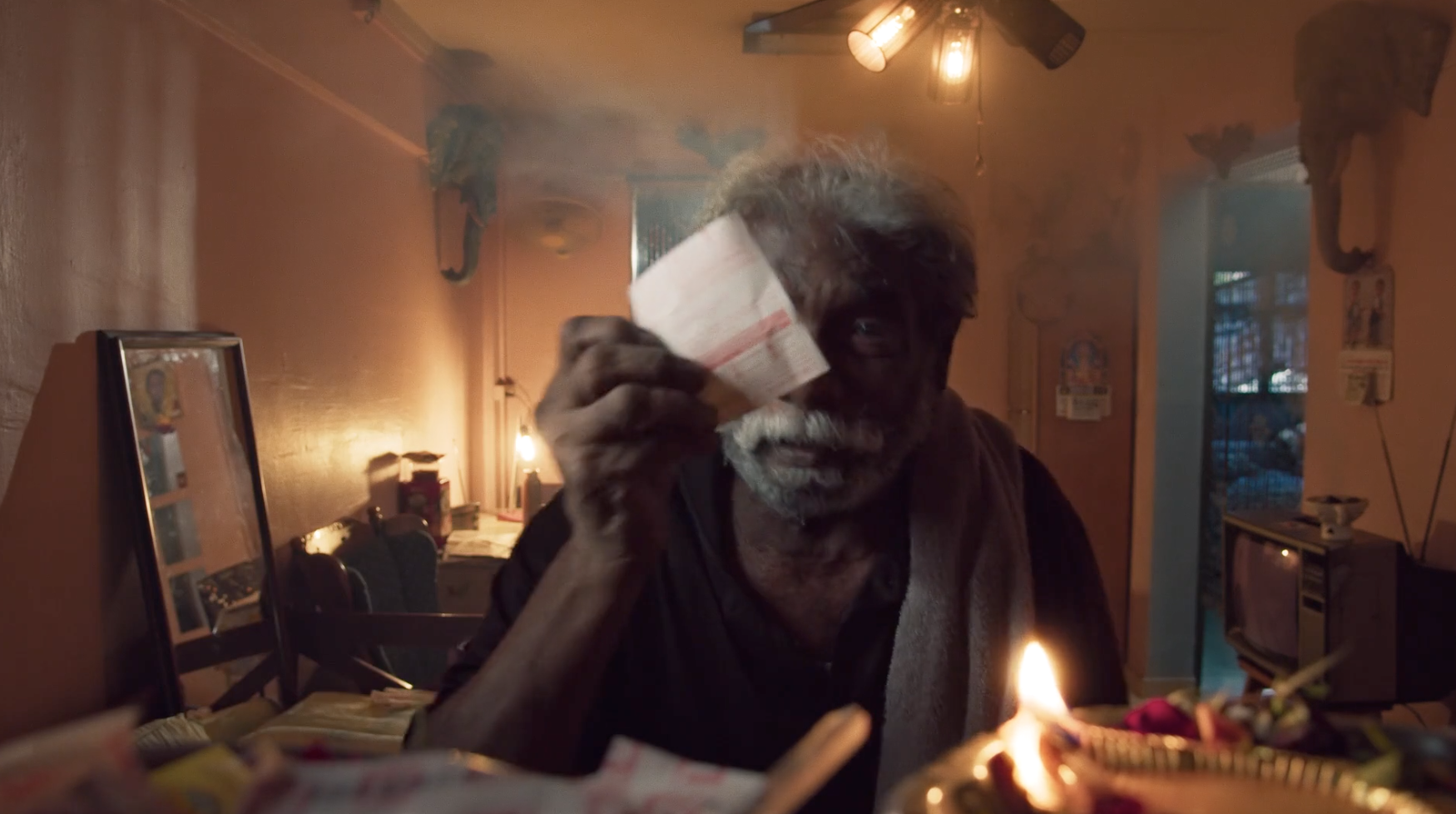 Via NYFA
Via NYFA
Silva’s film was inspired by the loss of his uncle, who passed away a year ago.
He questioned:
“My uncle spent his whole life working as a security officer at a reputable company and could not retire till his very last day. Is this all we are? Working till we drop dead? Are we living in a system which enables us to live our life to the fullest?
How does God see us in his eyes?”
Experimenting to tell stories
In telling these lesser known stories to the public, all three filmmakers note the importance of staying nimble to the different needs of their films and profiles.
For Chia, it was about taking the time to make Desmond comfortable enough to speak about his disorder, and ensuring that questions asked during filming would not provoke him in any way.
In contrast, for Silva, it was about refining the skills required to produce a film.
“I learned that there are different ways to make a film. I also had to think creatively in the edit, and intentionally made the edits unconventional too. As it was an experimental film, I was able to experiment more.”
Tay shared about the work that goes into his team’s specific niche of filmmaking:
“Using observatory filmmaking meant having to spend long hours at the clinic waiting for the unexpected to happen. Having patience was such an important lesson.”
Tay also shared that they had to learn to react quickly to many aspects, in order to capture the raw and unscripted moments that became key elements of the film.
“This sense of patience also trickled down to the editing room, as we had to spend a few days logging every bit of footage carefully. This paid off when we were able to access what we needed quickly.”
NYFA 2022
These films are but three of over 60 films that have been nominated across several categories for this year’s NYFA, organised by *SCAPE.
Every year, the NYFA is held to recognise films that have resonated with others and have the potential to reach out to more people.
It also celebrates local youth filmmakers by giving them a platform to tell stories that might be lesser known to the public, and connect with industry partners for greater visibility.
This year marks the eighth edition of the NYFA Ceremony, for aspiring filmmakers in Singapore.
Tune in to the NYFA Ceremony on Aug. 19 from 2pm, live on *SCAPE’s Facebook page.
Watch the NYFA films at Somerset Youth Park on Sep. 9 and 10 from 7:30pm. Registration is free, via the Cinewav app.
Top images via NYFA and Hillary Tan
This sponsored article by *SCAPE National Youth Film Awards made the writer’s time on public transport fly by.
If you like what you read, follow us on Facebook, Instagram, Twitter and Telegram to get the latest updates.
